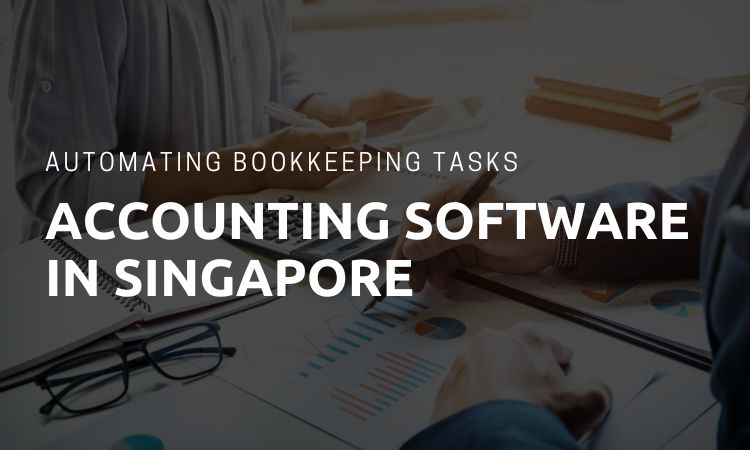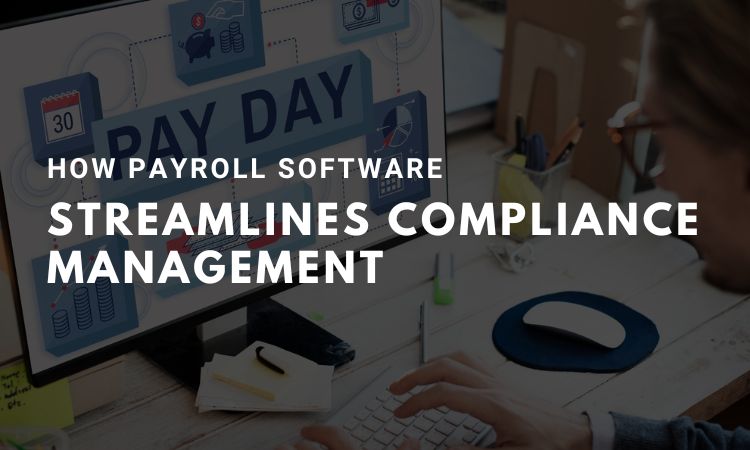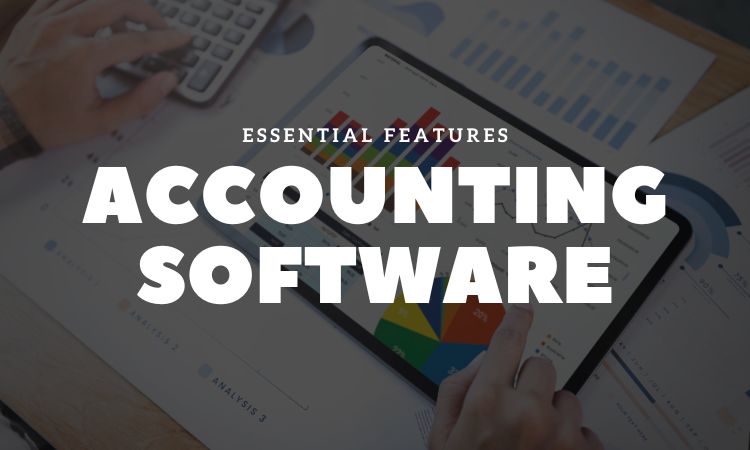Accounting Concepts

Could a Scheduling Overhaul Transform Your Company
August 2, 2016Financial Management
August 25, 2016Accounting/Business entity
Accounting Concepts
The business is an entity (or body) separate from its owner. Entity means a distinctive existence.
ii. Consistency
The accounting treatment applied to an item should be the same for all accounting periods, unless there is a valid reason for change and the effect of such changes are disclosed. This is to enable meaningful comparisons between two or more accounting periods to be made.
iii. Accounting period
Assuming that the business is a going concern, the life span of a business entity is divided into fixed periods of time to enable financial reports to be prepared for that particular period.
iv. Accrual concept
Revenue is recognized when earned and expenses when incurred. Revenue received (or expenses paid) but not yet earned (incurred) cannot be recognized.
v. Duality concept
This is the concept at the heart of the system in accounting known as “double entry system” (see Chapter 3). It relies on the fact that each transaction represents an exchange of resources, and hence there will be two equal and opposite aspects to each accounting record.
vi. Going concern concept
It is assumed that the business will continue to operate for an indefinite period of time. Thus, assets are valued at historical cost rather than market or saleable value.
vii. Historical cost concept
All business transactions are recorded at the cost at the time it took place.
viii. Matching principle
The appropriate expenses should be matched to all the revenue to determine profits in a given accounting period.
Monetary Conceptphoto credit: AMagill
ix. Monetary assumption or money measurement
Only transactions quantifiable/ expressed in monetary terms are recorded
x. Materiality concept
How each transaction is captured and dealt with in the accounting records depends on its significance and impact.
xi. Objectivity convention
The methods used to prepare financial reports should be free from personal bias and based on verifiable evidence.
xii. Prudence/ Conservatism convention
Given two alternatives of reporting an item, the alternative which gives a lower profit or lower asset value should be chosen to avoid overstating assets or understating liabilities.
xiii. Realization concept
Revenue/Income should be recognized when it is earned and expenses when incurred.
SOURCE: PRINCIPLEOFACCOUNTS
For inquiries please login to www.onestopaccounting.com




